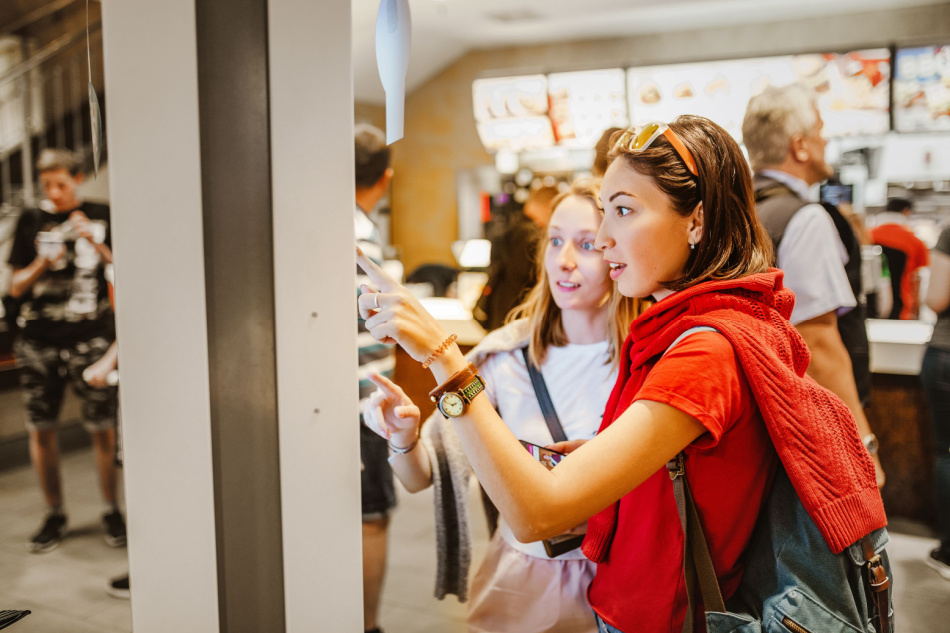Fast-food restaurants in France are now tackling one of the most significant shifts in the industry, ever: a government ban on disposable plates, cups, and tableware for anybody eating or drinking on-site.
On January 1, McDonald’s, Burger King, Starbucks, and Subway faced what environmentalists call a “revolution” in pioneering new waste-reduction laws that went into effect in France.
Much of the fast-food industry operates on the basis of disposable boxes, cups, and packaging, which customers dump from their trays into a bin immediately after eating.
A “complete paradigm shift”
Any restaurant with more than 20 seats, including work canteens, bakery chains, fast food, and sushi restaurants, is required to supply reusable, washable cups, plates, dishes, and utensils for guests dining in. Environmental groups in France called it a “complete paradigm shift” for the sector.
In France, around 30,000 fast-food restaurants provide six billion meals every year, generating an estimated 180,000 tonnes of garbage. According to environmental groups, 55 percent of that was generated by people eating in.
“We’re extremely happy that this is finally coming into force,” said Alice Elfassi, head of legal affairs for the NGO Zero Waste France, which pressed for the measure in a law that was presented in 2020 but allowed companies until 2023 to prepare. “Fast food is a sector that produces a lot of waste. Although single-use plastic had already been banned, it had been replaced by large amounts of throwaway products like cardboard, wood, bamboo, which we consider an unacceptable waste of resources.”
Keeping fast-food restaurants accountable
Zero Waste France and other organizations are putting pressure on the government to conduct proper checks on whether fast-food restaurants are following the law and, if required, levy fines. It further stated that alternatives should be considered. “Most fast-food restaurants won’t switch to classic, long-wearing glass or china that lasts years, they will opt for hard plastic and we have concerns about its durability – will it withstand hundreds of washes or will it be thrown out after only a few? We’ll be vigilant on that.”
The law only applies to dinnerware used by customers seated in restaurants. Those who order takeout will continue to receive single-use packaging. However, environmentalists believe that single-use takeaway packaging may be changed in the future, with possibilities for customers placing a deposit for reusable packaging that they can get back once returned.
The new law prohibits eat-in burgers and sandwiches from being served in a box, but they can still be wrapped in paper. All other food, including chips, nuggets, pizzas, ice cream, and cakes, must be served on reusable dinnerware, and drinks must be provided in reusable cups that have been rinsed at 60 degrees Celsius, just like in other restaurants.
Several McDonald’s locations have recently installed reusable plastic fry containers shaped just like the company’s standard red disposable packaging. Burger King has tested reusable bowls and cups with its logo.
Many fast-food businesses have struggled to find space to install dishwashers to clean the cups and plates, as well as workers to prevent customers from tossing them away or taking them home.
Four French environmental groups, including Surfrider and No Plastic In My Sea, issued an open letter urging customers to be attentive and to avoid eating in restaurants where the new regulation was not being followed.











